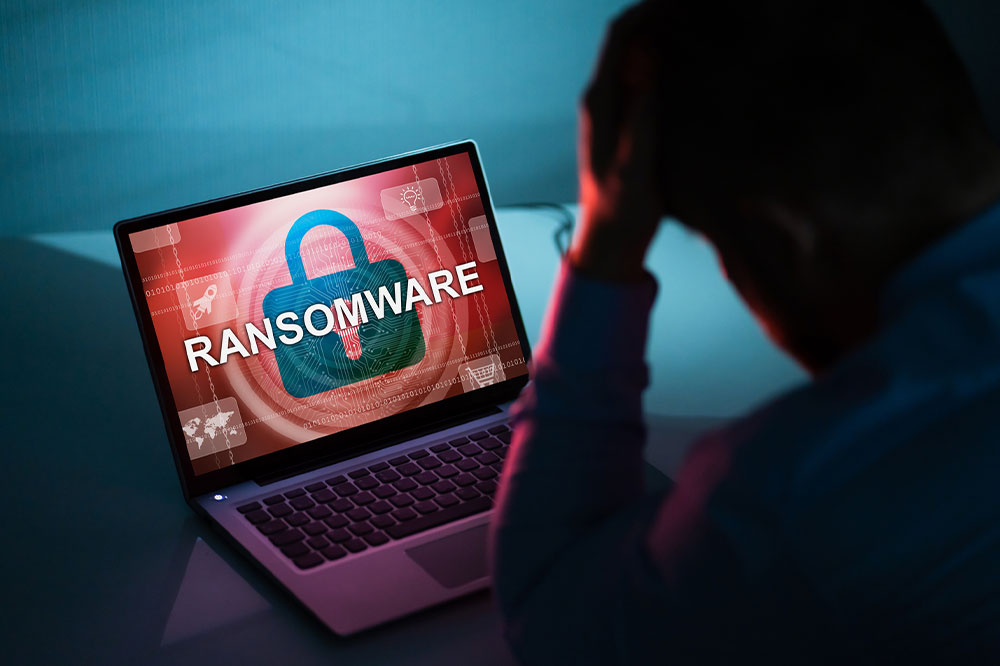Top 4 Reasons Why Network Security Is Essential
Discover the importance of network security with four key reasons. From data protection and malware defense to regulatory compliance, secure networks are essential for safeguarding information, maintaining trust, and ensuring operational integrity in today's digital landscape. Learn how advanced encryption, application control, and ethical responsibilities make network security a top priority for organizations worldwide.

Top 4 Reasons Why Network Security Is Essential
The advancements in internet technology have transformed how individuals and organizations communicate, share information, and collaborate online. This is made possible through systems connected to the internet via public or private networks. To safeguard these networks, comprehensive hardware and software solutions are implemented to ensure secure data exchange, identify threats, and mitigate risks effectively.
Protecting Data Integrity
Implementing robust encryption and security protocols is vital for safeguarding sensitive information. These measures help prevent identity theft and unauthorized access for both users and clients, ensuring confidentiality and trust.
Advanced encryption techniques secure any data transmitted over authorized networks.
Wide Spectrum of Applications
Beyond data protection, high-quality network security prevents malicious activities by blocking suspicious programs, restricting unauthorized access, and terminating connections with harmful sites. Security solutions monitor and log system changes, enabling quick detection and response to unauthorized activities. Sophisticated software can also reverse harmful actions, reducing vulnerabilities that threaten network stability.
Defense Against Malware
Viruses and spyware pose serious threats, potentially compromising entire networks and exposing sensitive data. Effective security systems implement protocols that block unrecognized websites, preventing hackers from infiltrating or planting malicious software.
Regulatory Compliance and Ethical Responsibility
Many organizations are mandated by ethical standards and legal regulations to utilize professional-grade security measures. Protecting client data and ensuring compliance is a fundamental responsibility, shielding companies from legal liabilities associated with data breaches. Secure networks support adherence to these standards and demonstrate a commitment to ethical practices.










